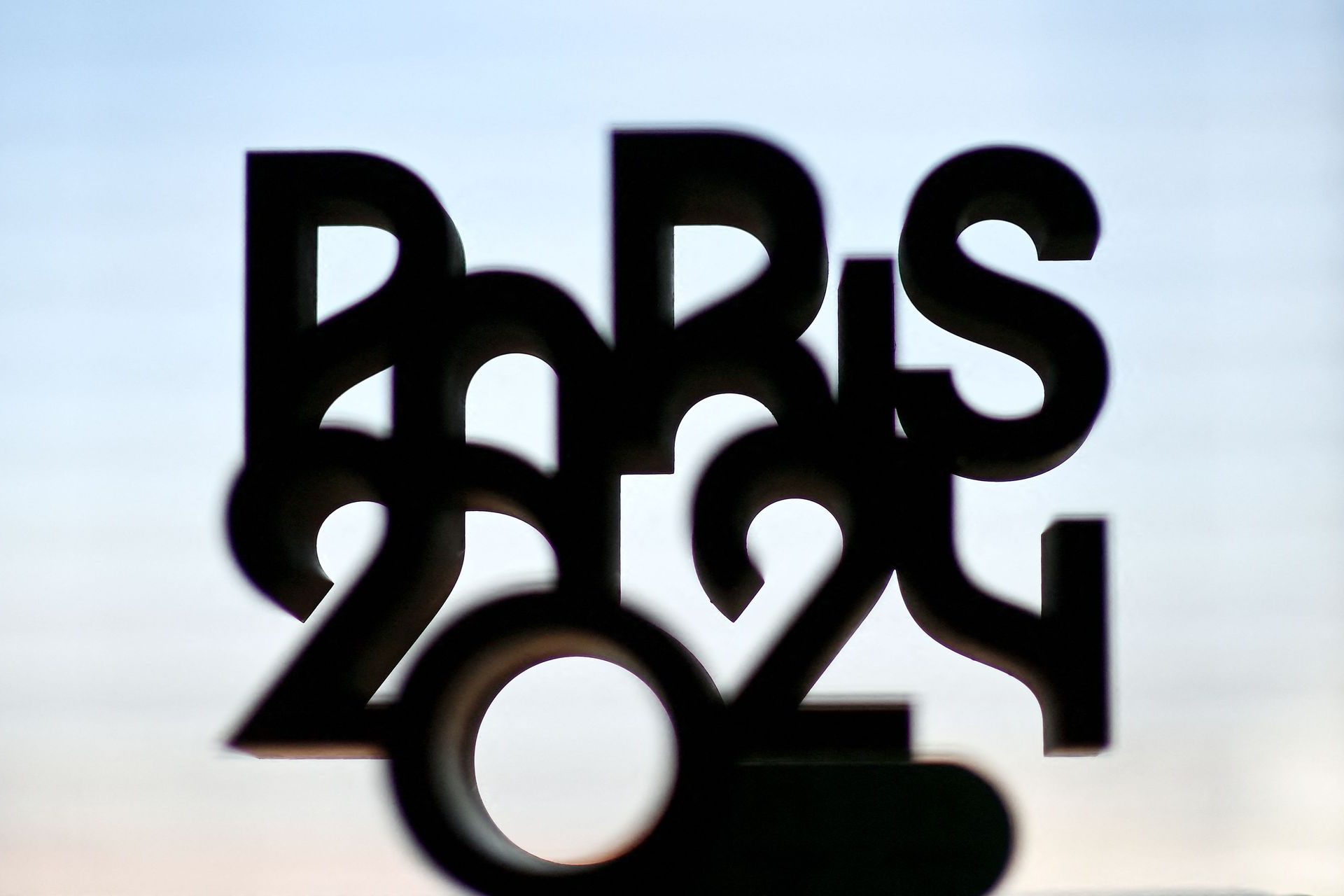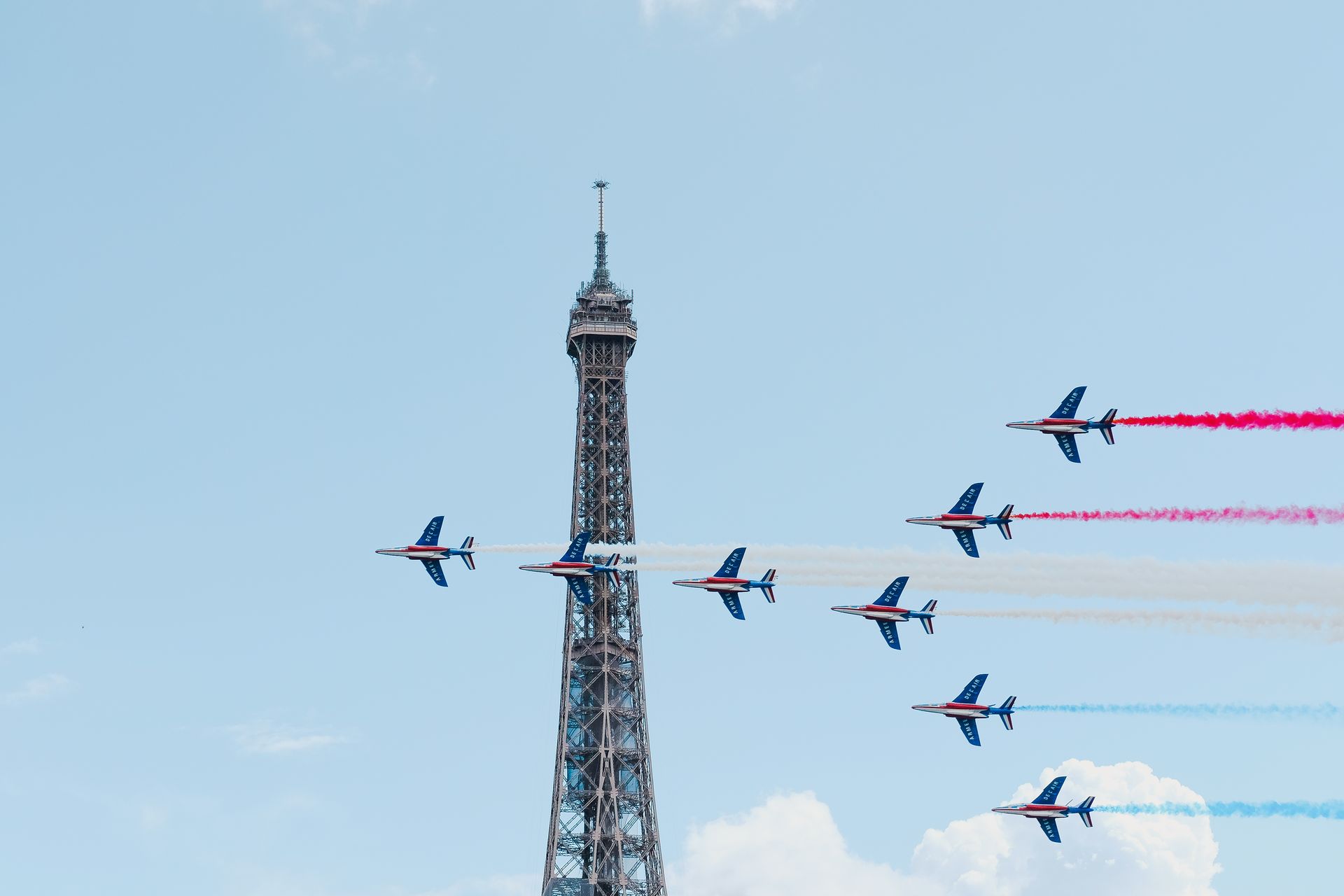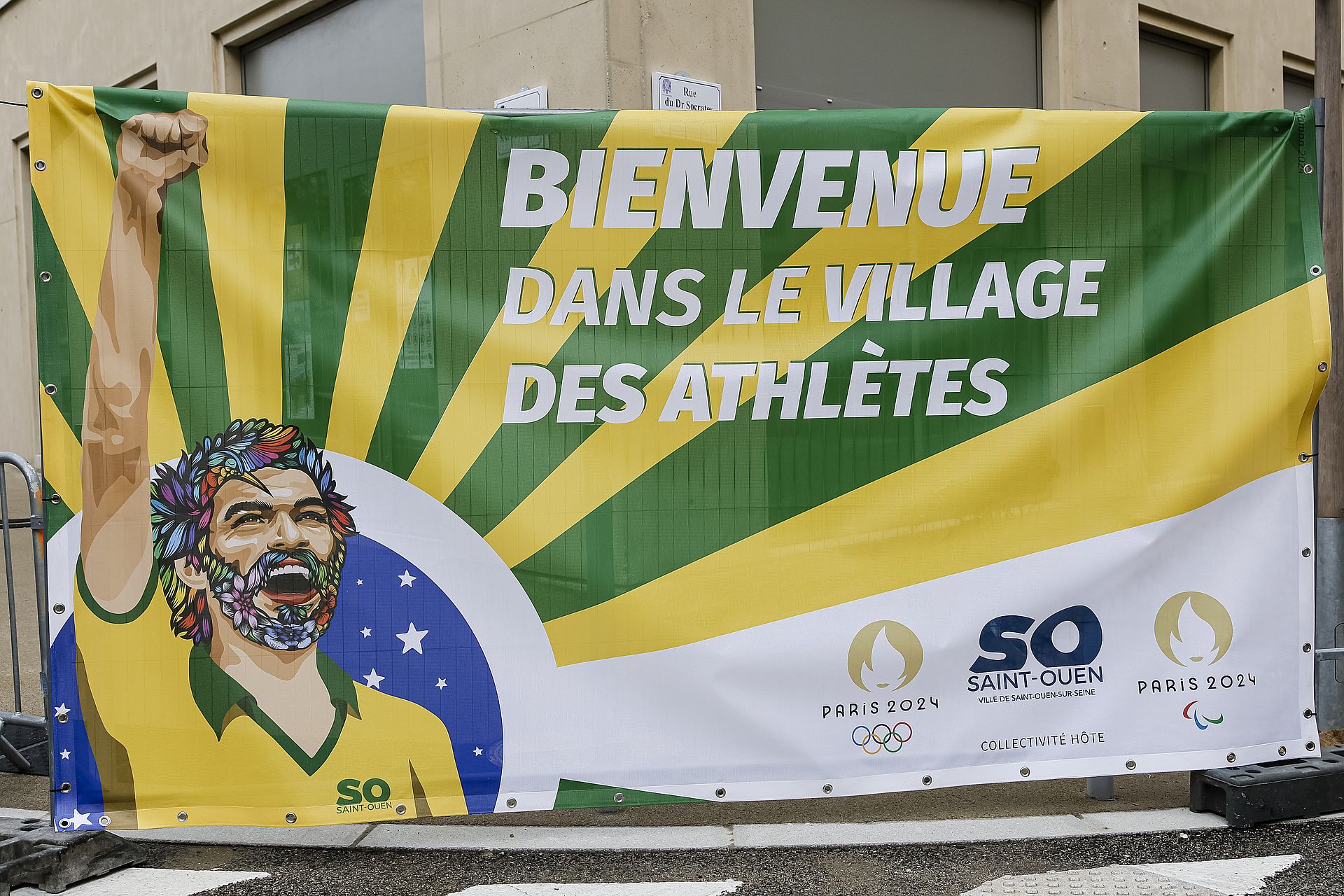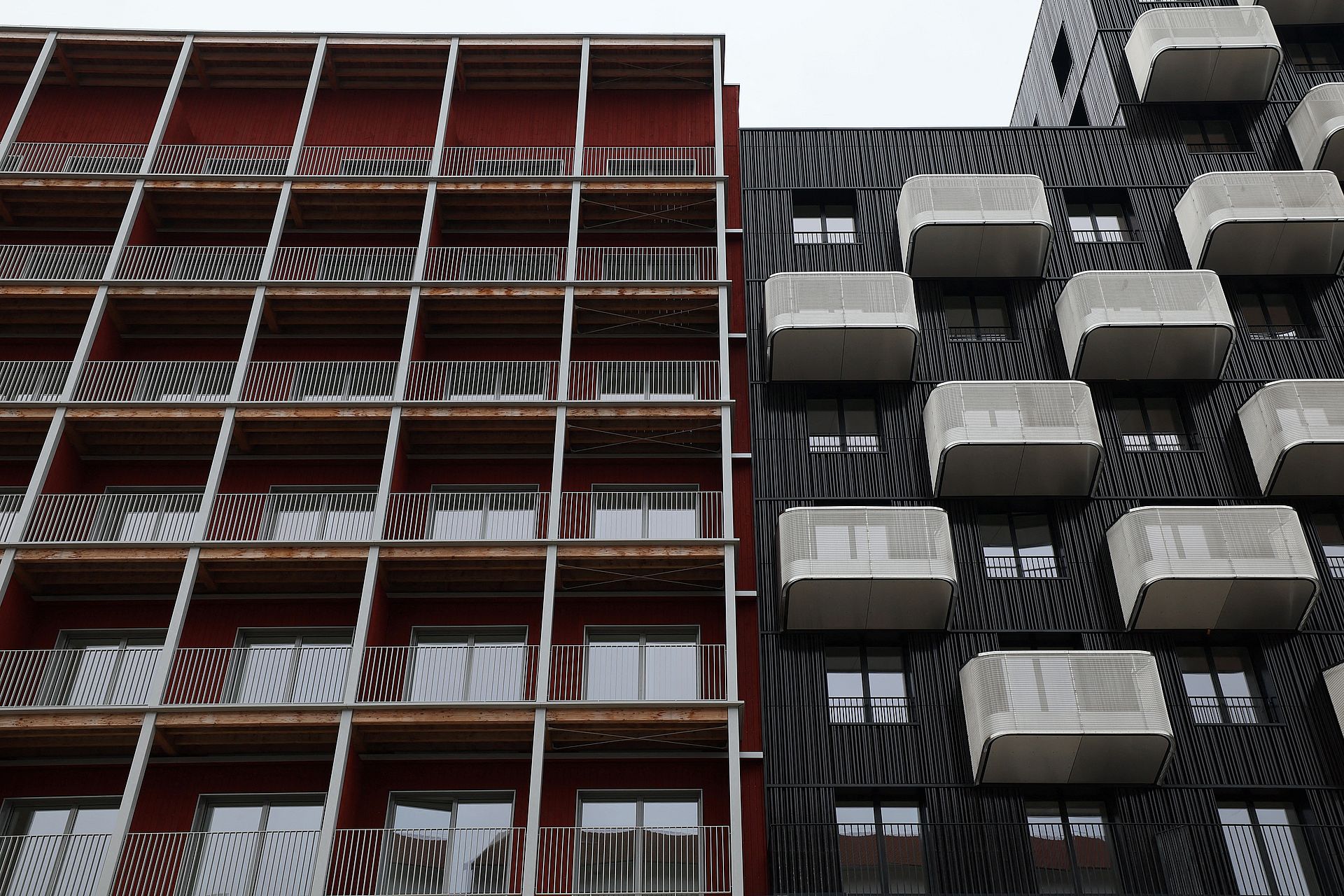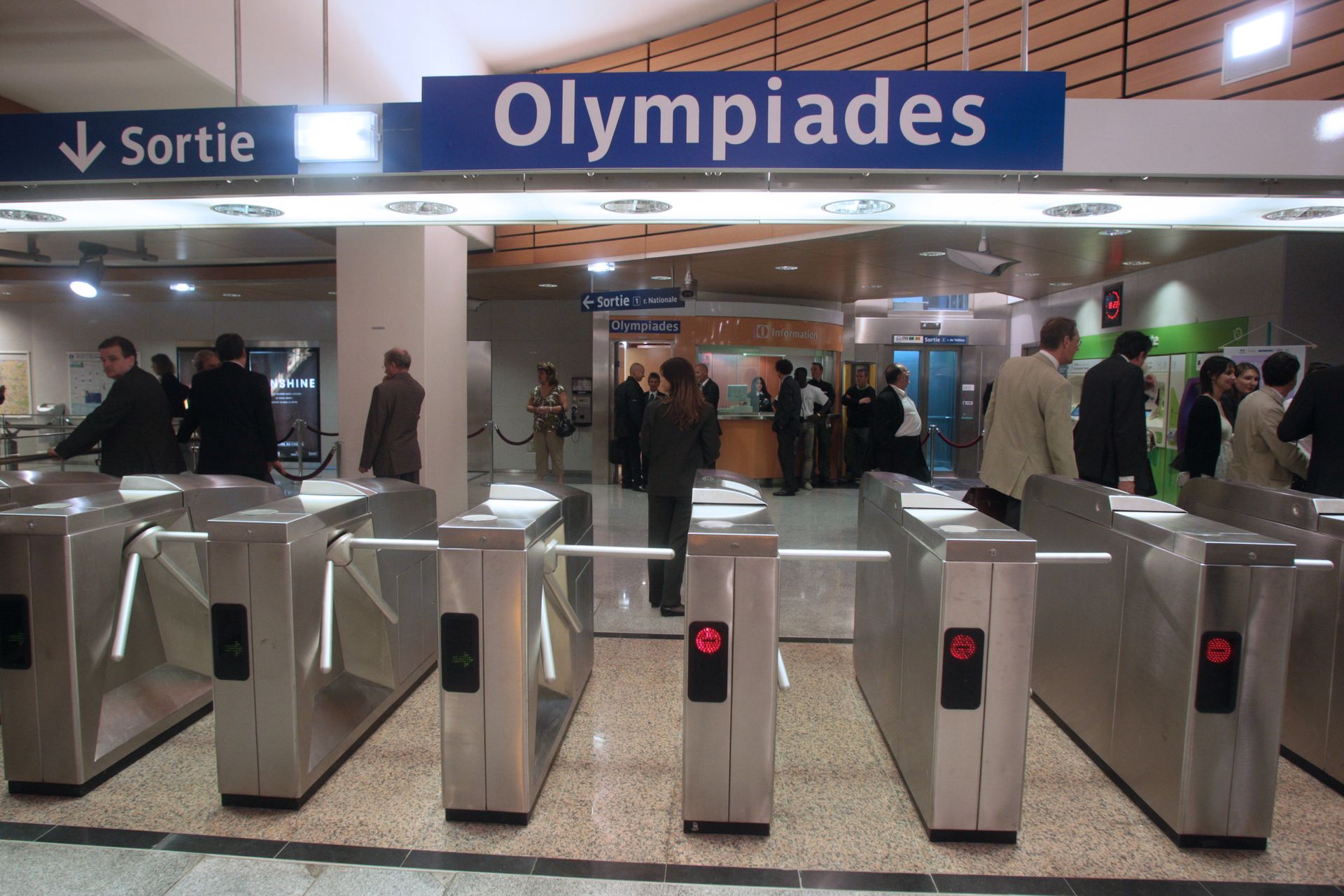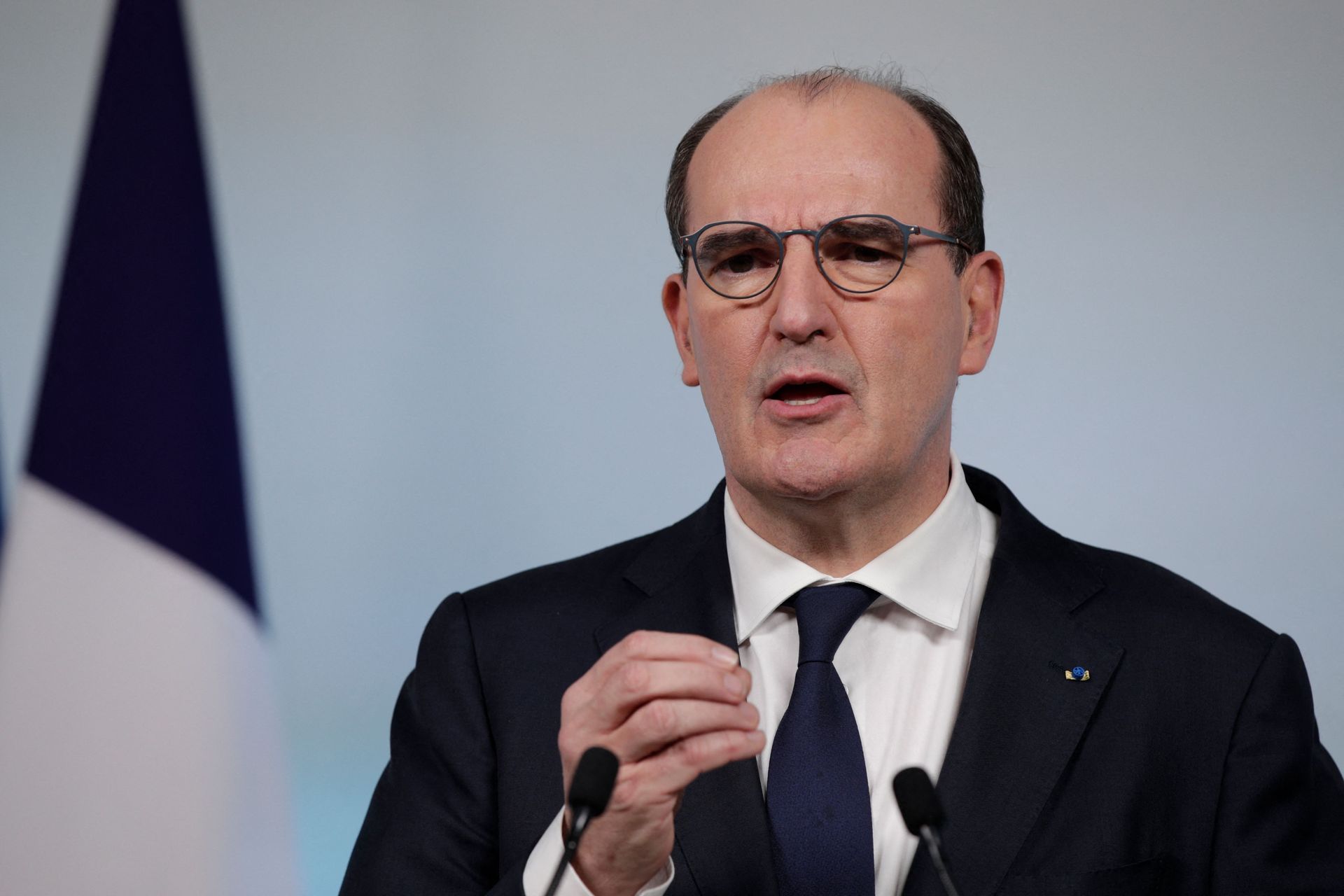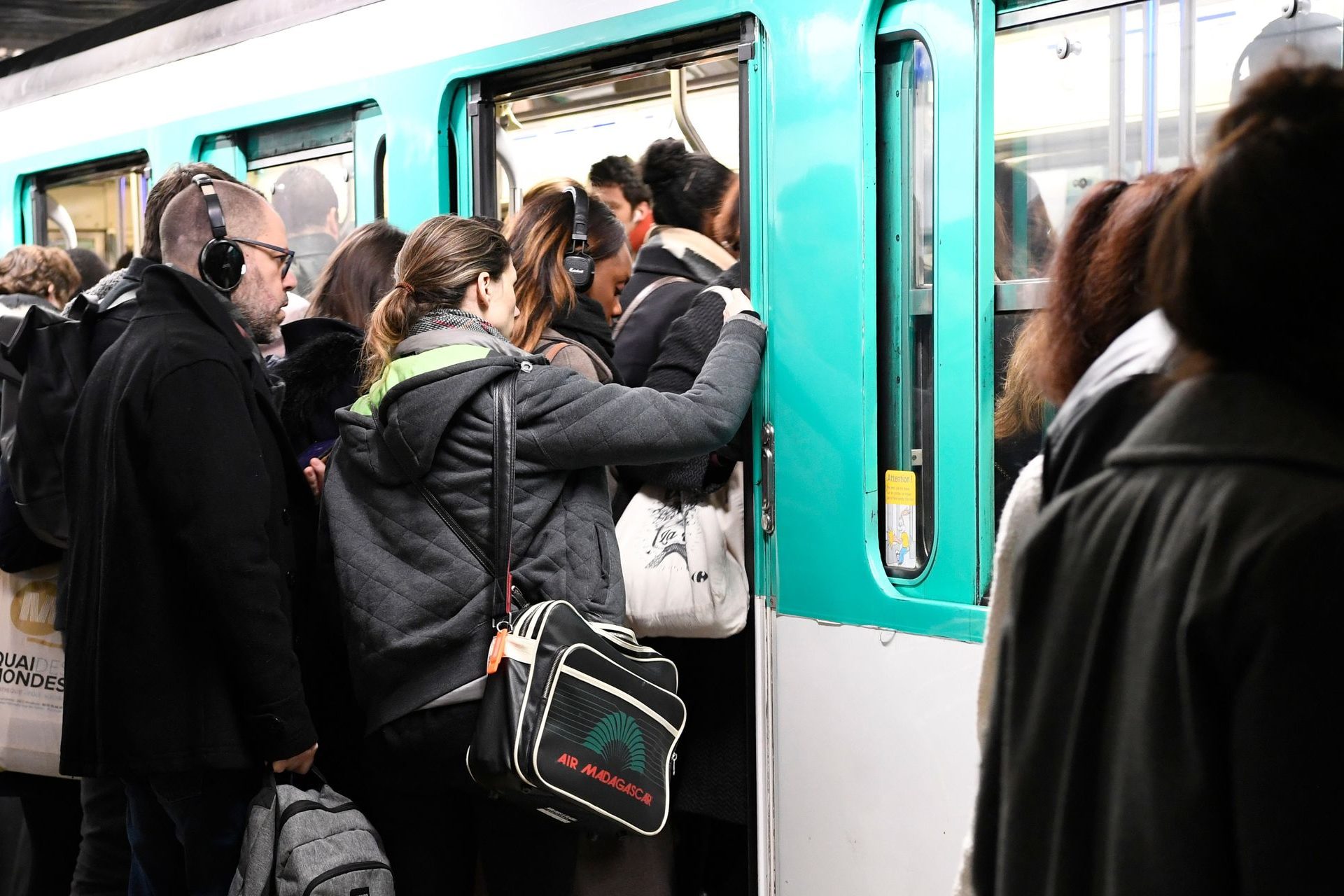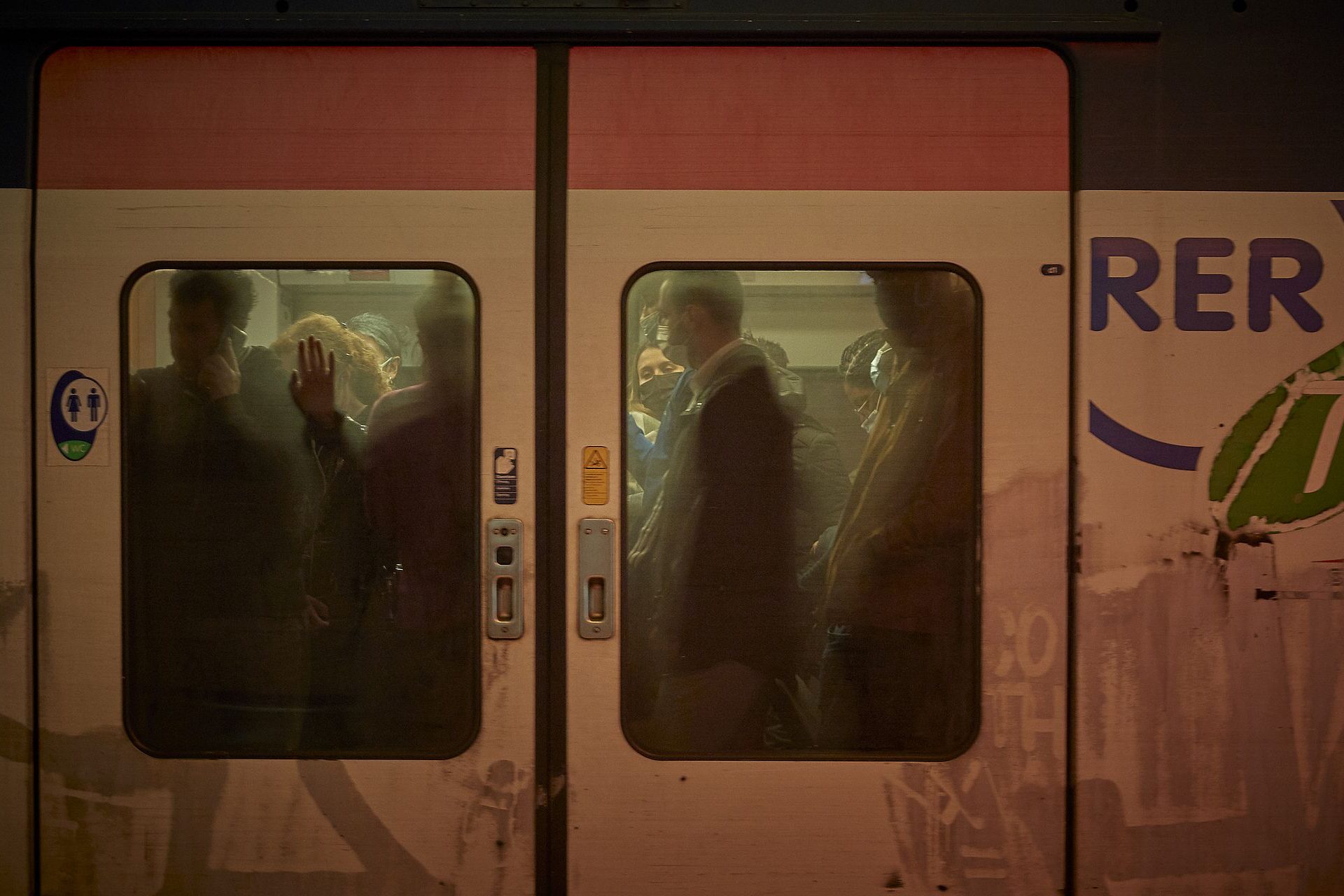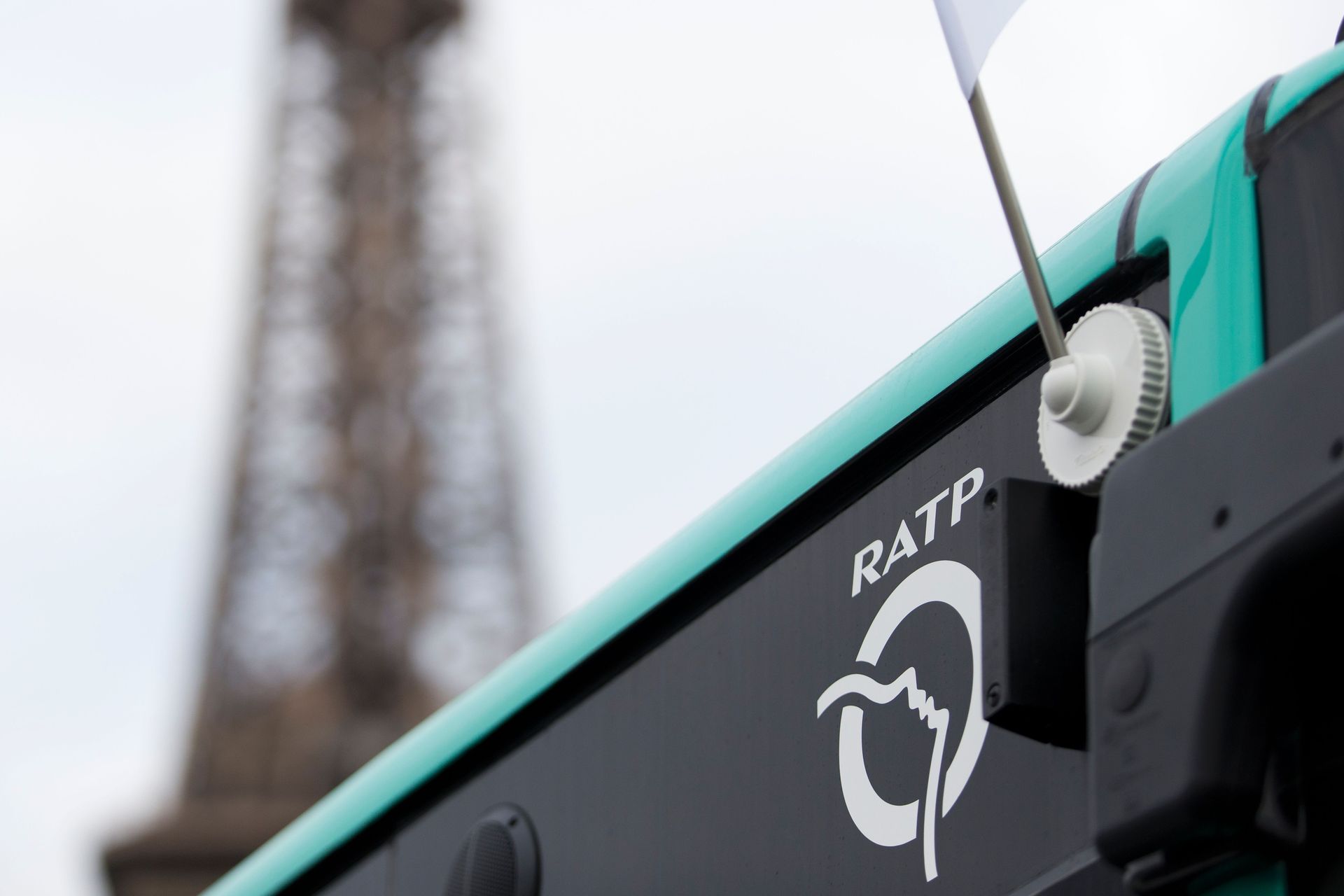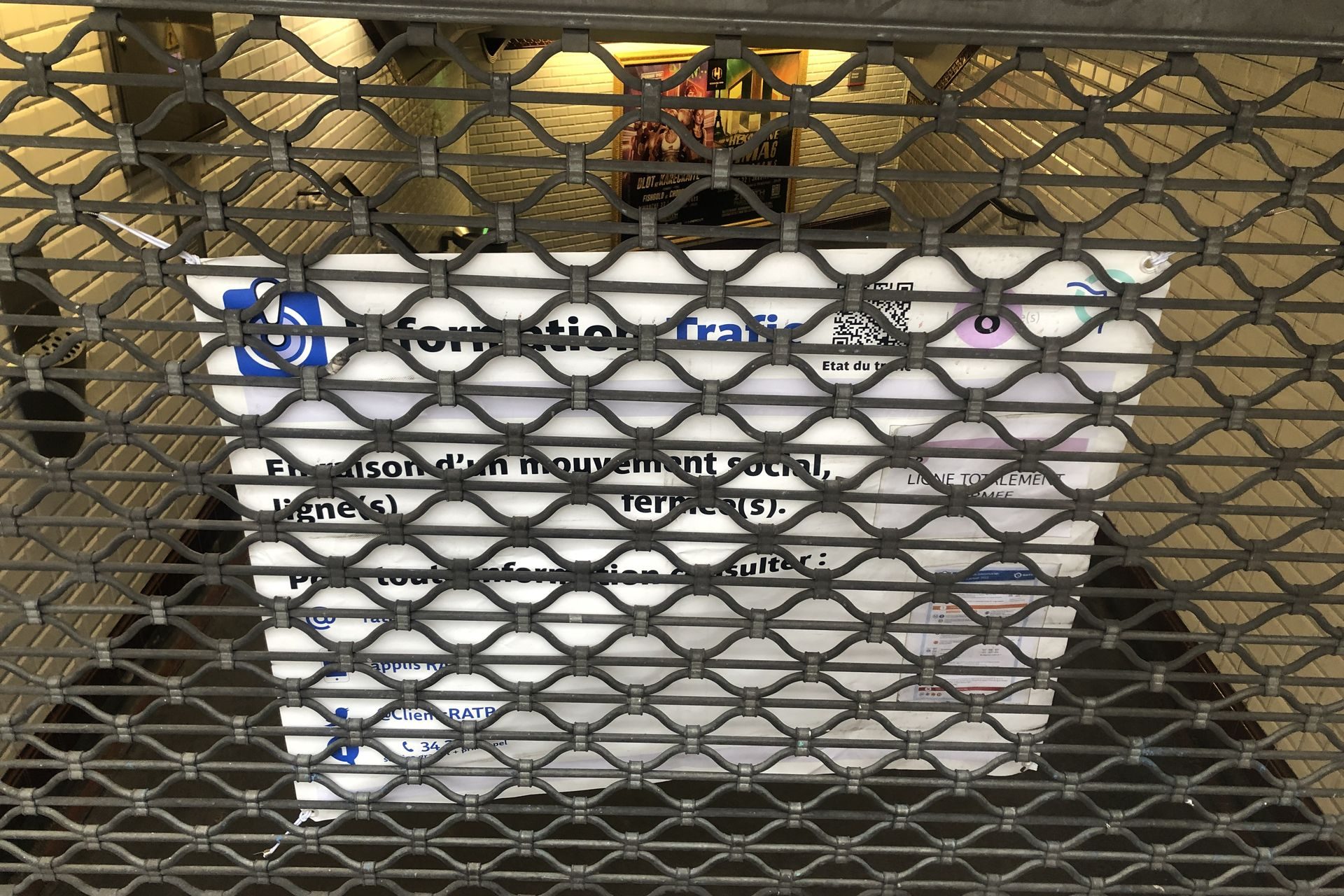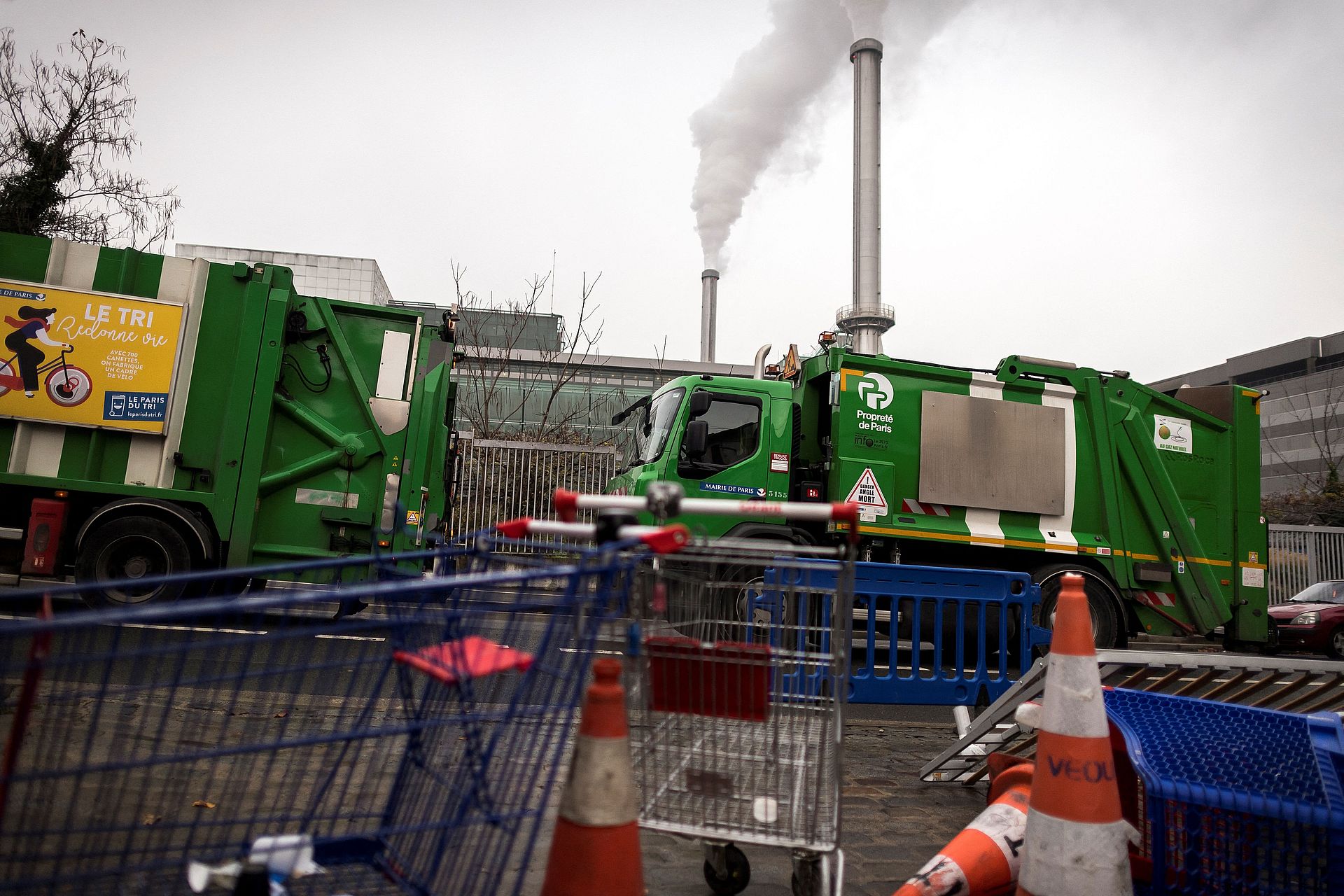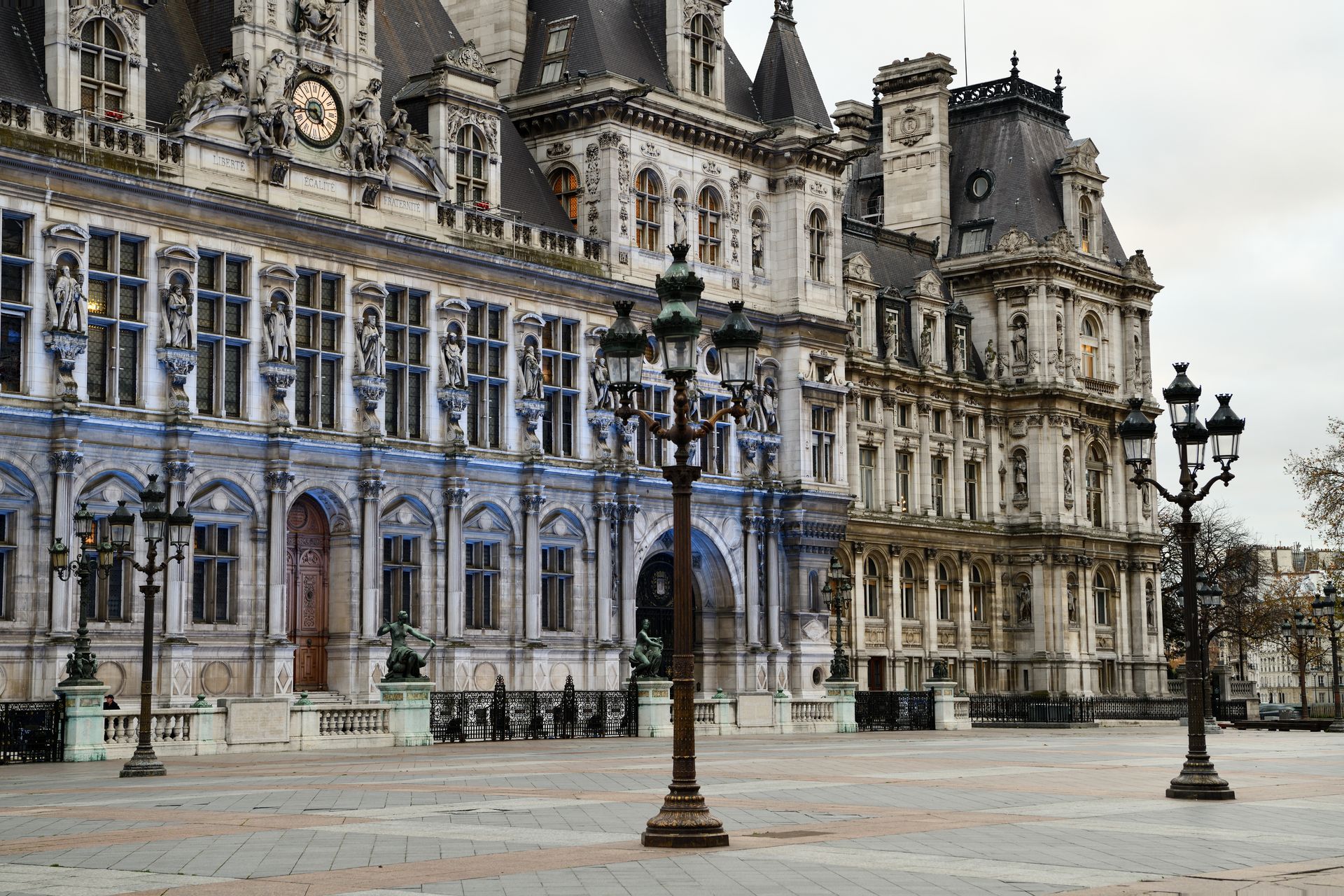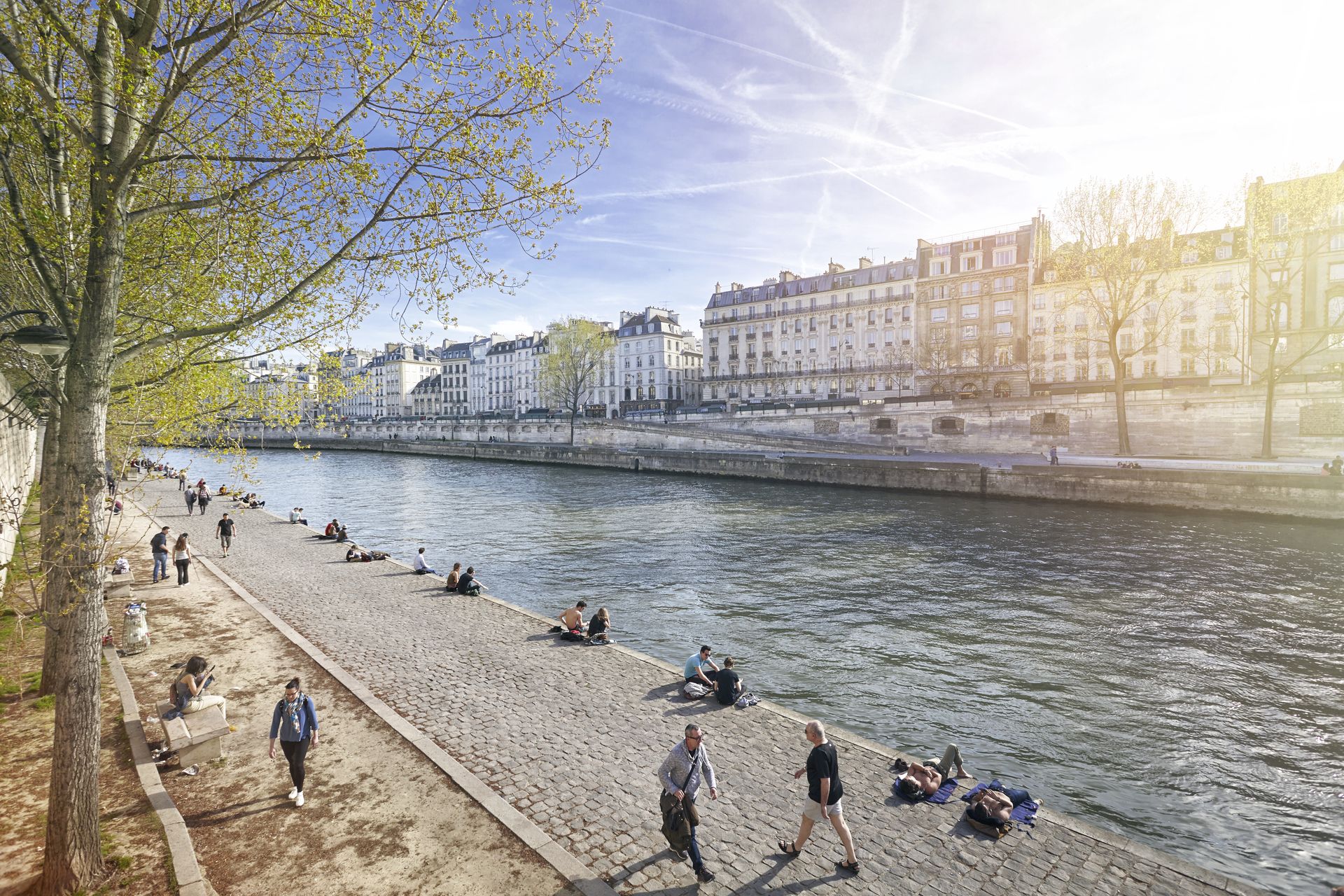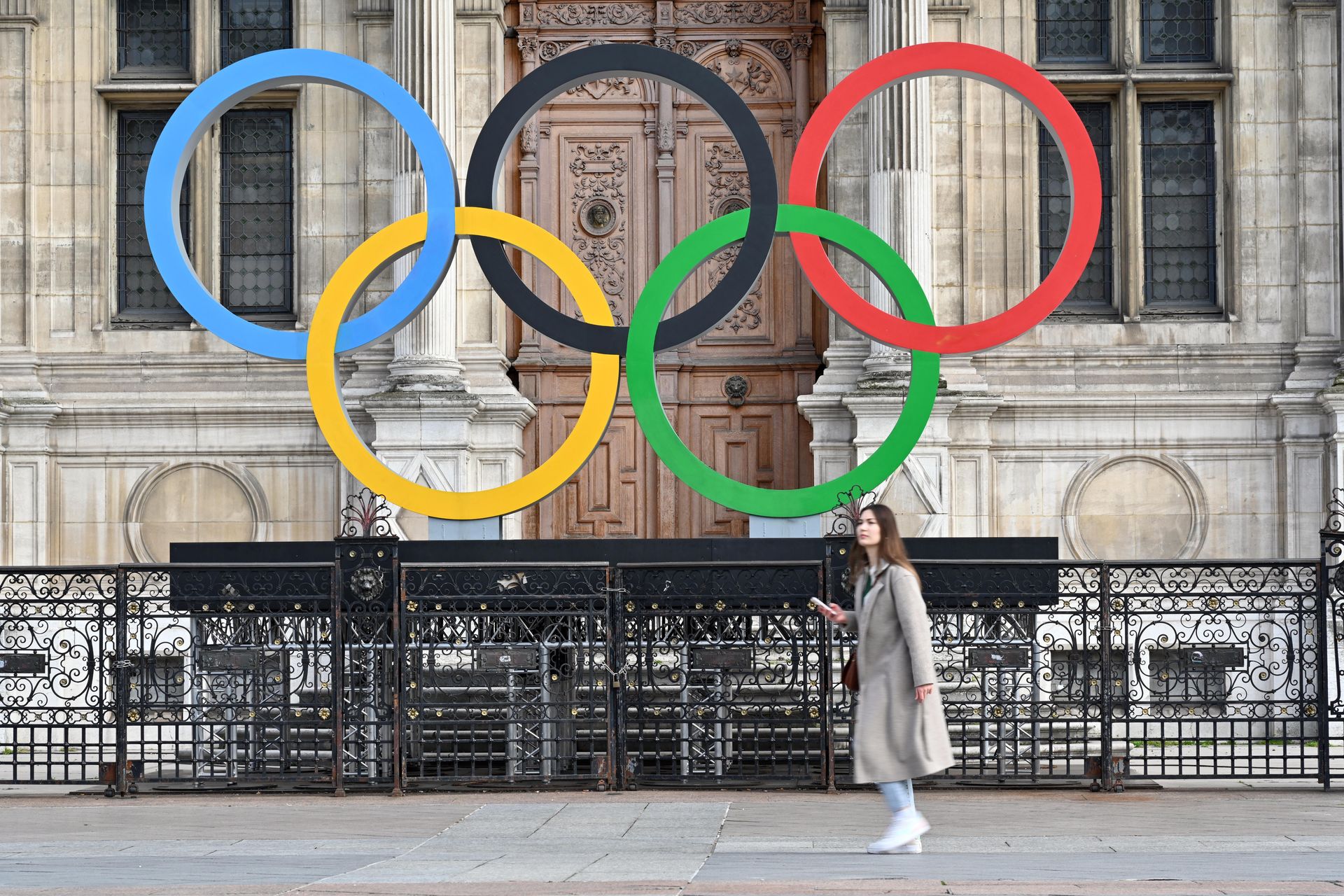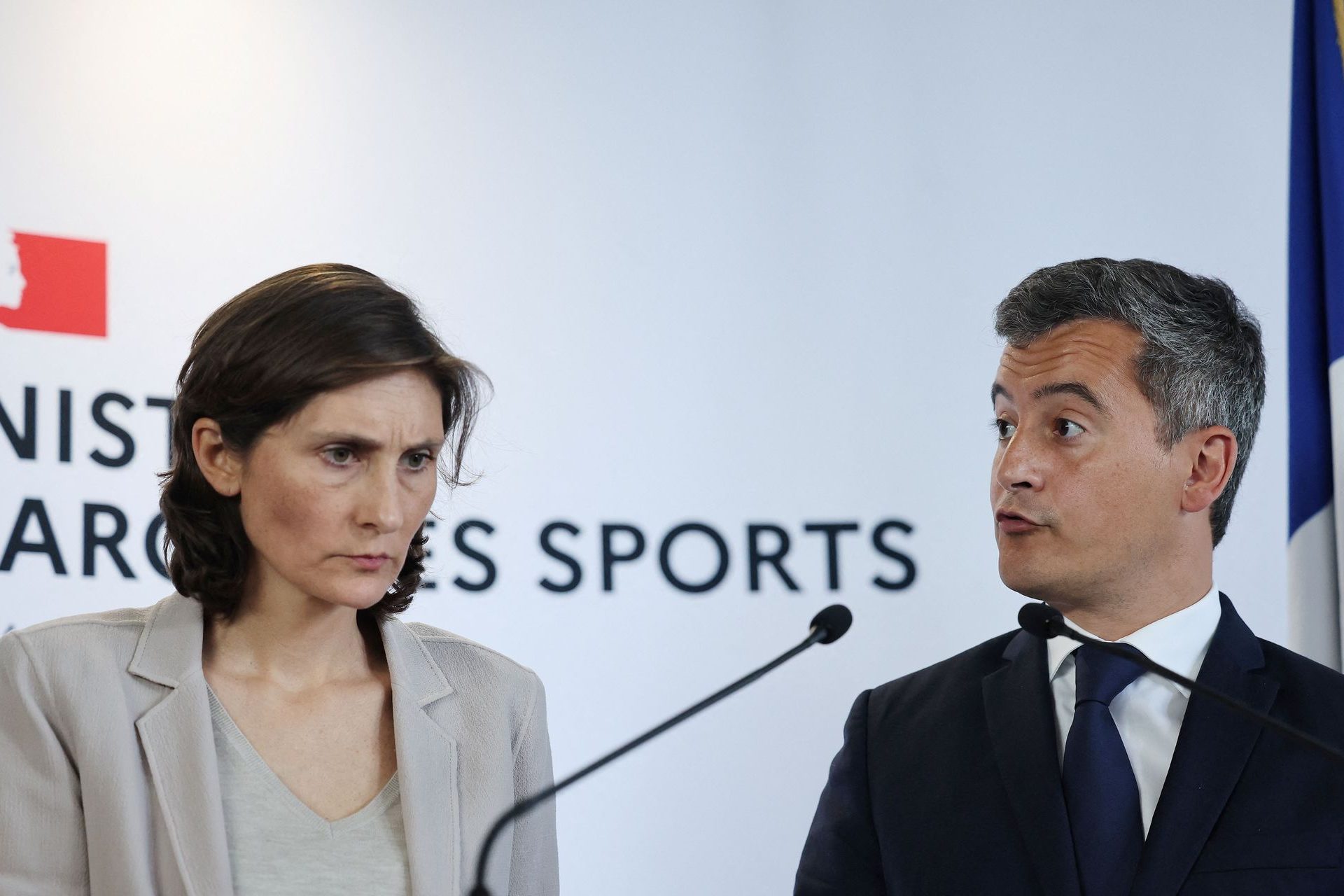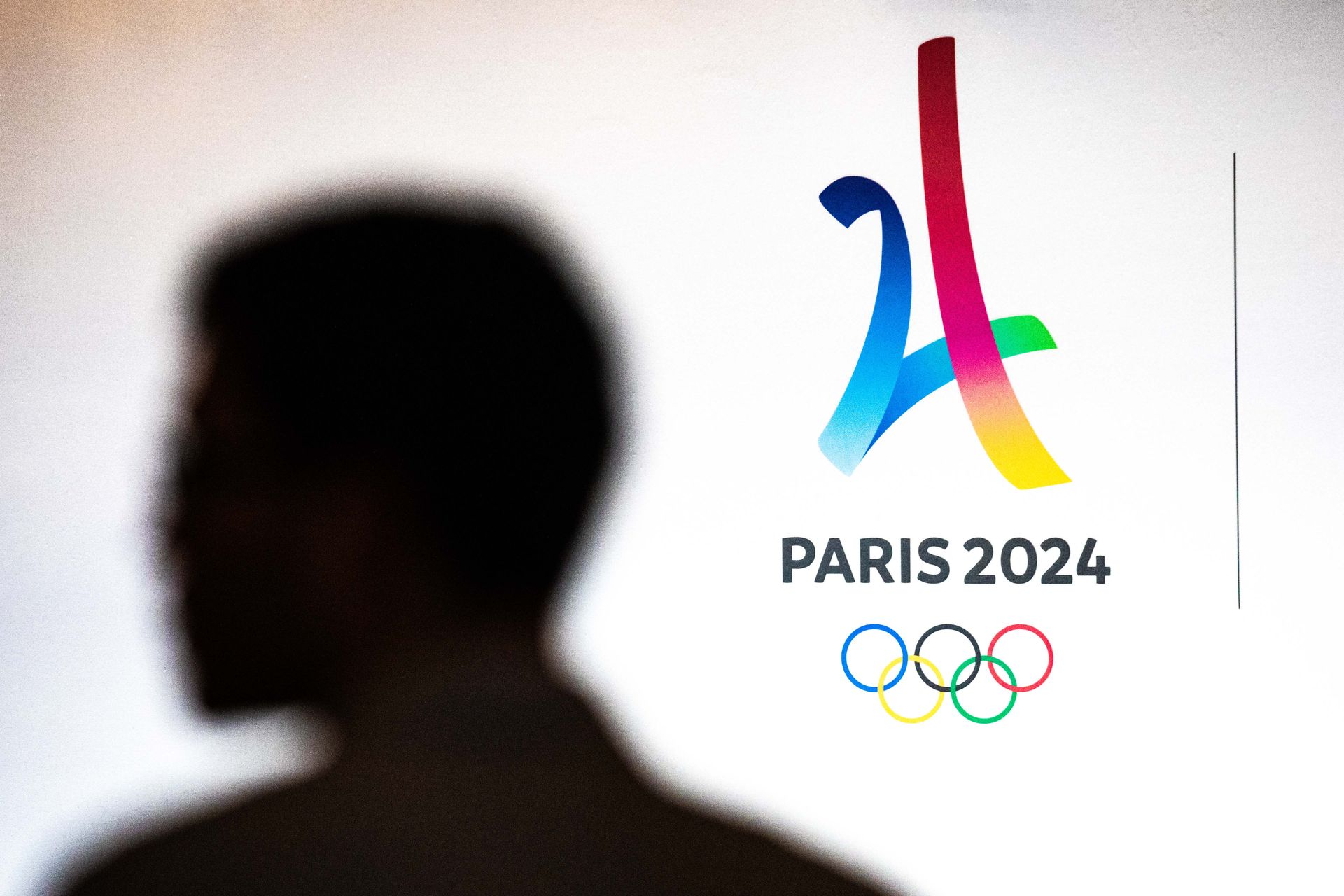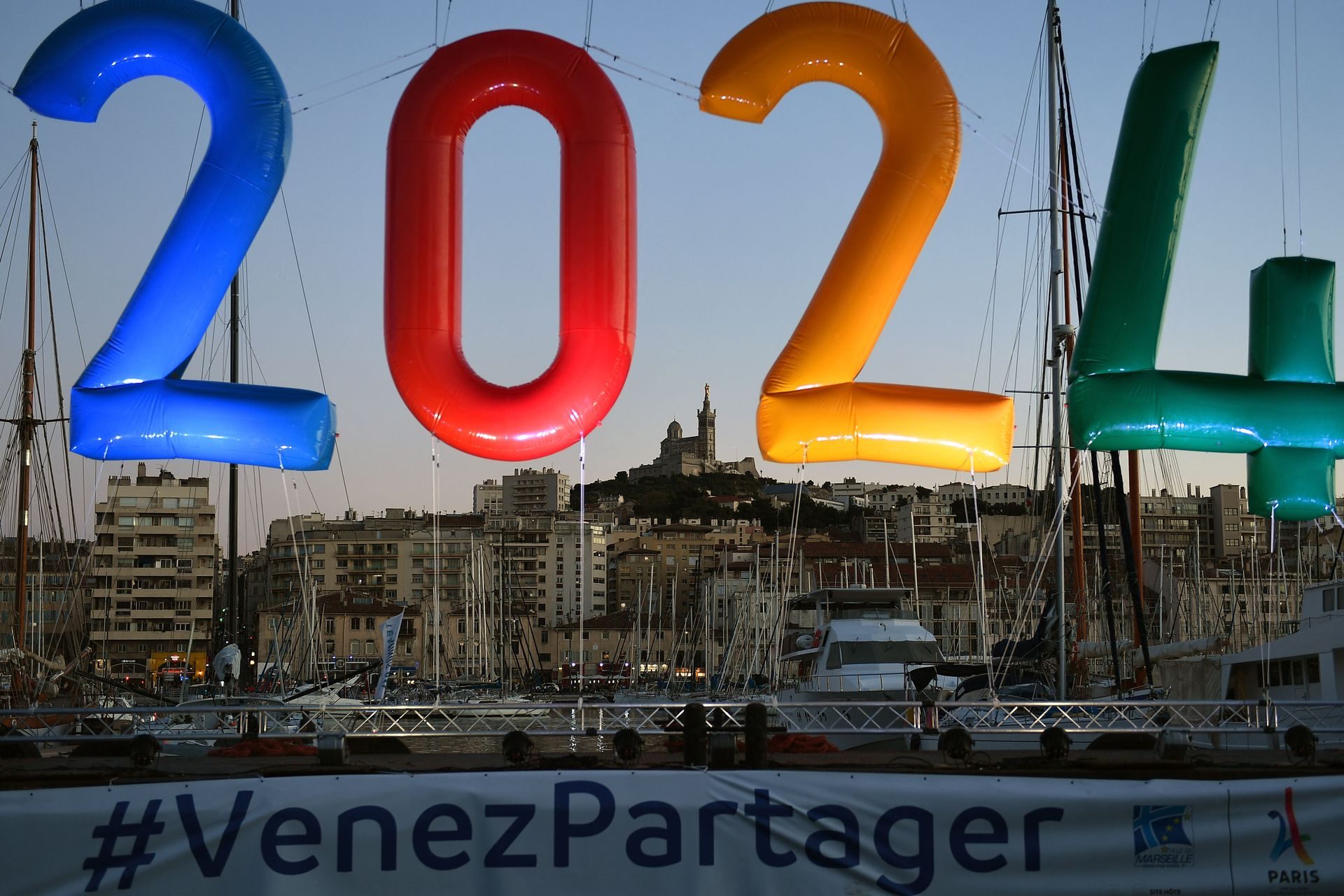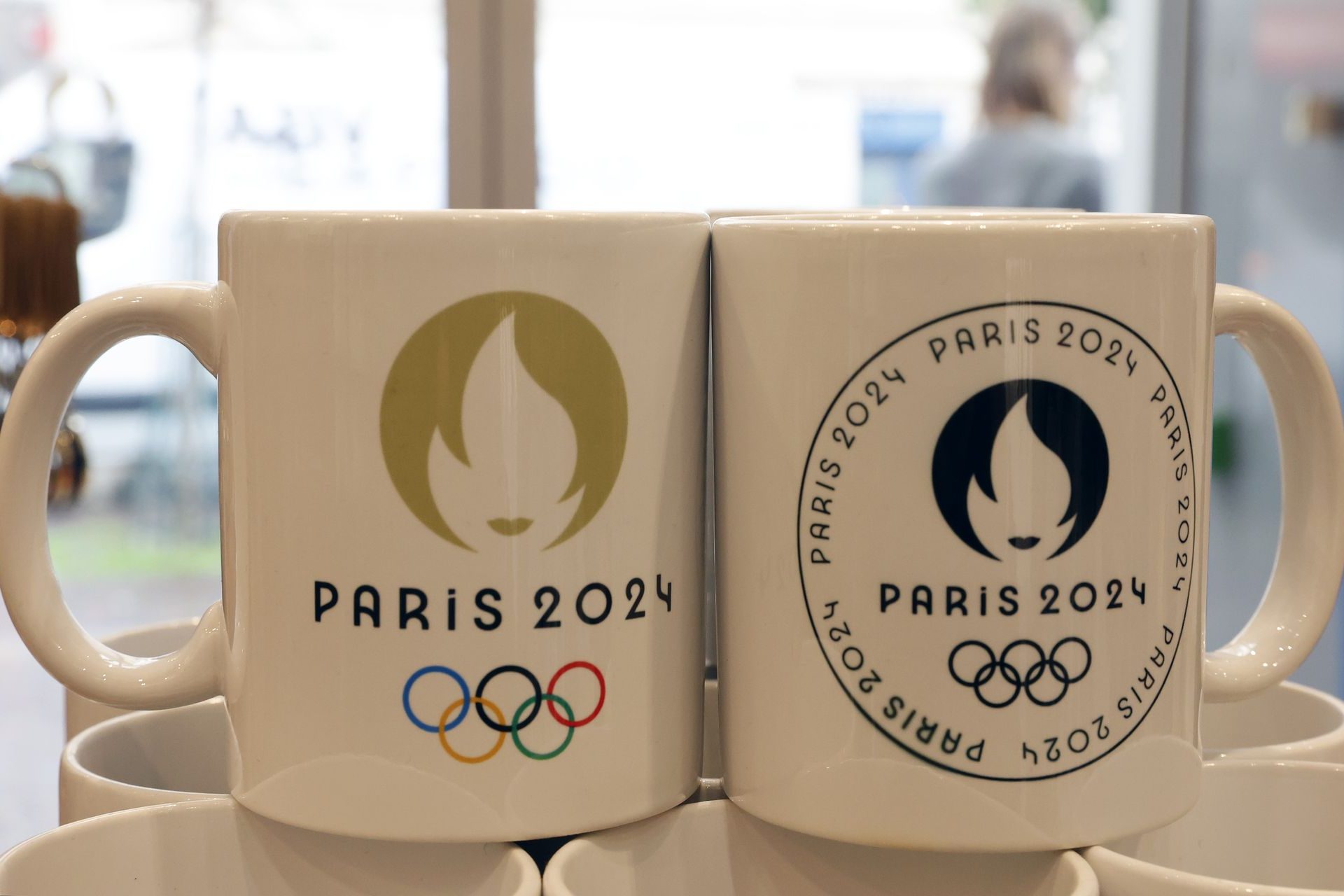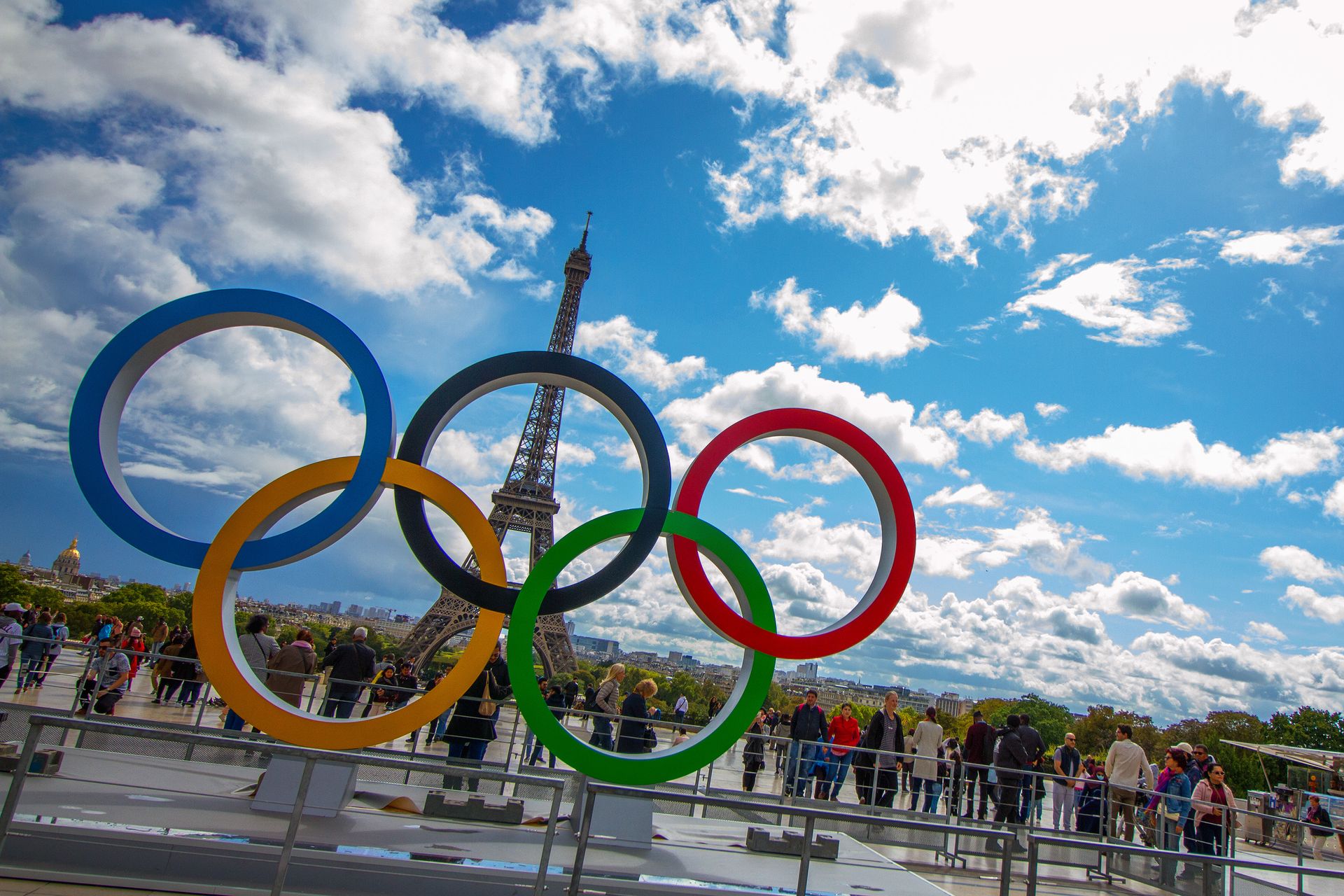How Paris is preparing to host the 2024 Olympics
Straight from Olympia by boat, the Olympic flame arrived in Marseille, in the south of France, on May 8th: a symbolic moment for the 2024 Olympic Games that will take place in Paris this summer.
But beyond the Olympic flame, how is Paris preparing to host the competition, less than 100 days before the start of the international event? Is the French capital ready?
When the countdown still showed three months for the event, most of the infrastructure was ready or almost ready, such as the Olympic village, the aquatic center or the Arena Porte de la Chapelle, all delivered on time.
Other projects remained underway in mid-April, such as the installation of the 14,200 beds in the Olympic village, or the temporary stadiums which will have a record number of 200,000 seats.
In the run-up to the Olympic Games, the Parisian transport network has undergone several expansions, such as the extension of the train line RER E to La Défense station, or the extension of the metro line 14 to Orly and Roissy airports.
Interviewed by regional newspaper 'L'Union', RATP CEO and former Prime Minister Jean Castex said the transport network should be ready for the Olympics, with the extension of line 14 expected to come into service as soon as the end of June.
However, the overcrowding of public transport during the Olympics remains a cause for concern, as foreign spectators will be added to the Parisian population. The authorities have already invited those who can work from home to do so during the events.
In July 2023, a parliamentary report had already pointed out the high risks linked to public transport during the Olympic Games.
The document cited "the delays of the Grand Paris Express (GPE) construction sites, the shortage of staff for driving buses and the increase in public transport ridership".
In addition, some unions have called a strike ahead of negotiations on the bonus paid for the Olympic Games. Will public transport be disrupted during the competition, while the network will be more saturated than ever?
Garbage collectors also called for a strike on certain days in May and for the whole of July and August, enough to worry about the cleanliness and image of the city during the Olympics, when this subject is already regularly debated in the capital.
Another subject which gives rise to recurring controversies: Will the Seine river be swimmable? It was a promise made by the public authorities in the run-up to the 2024 Olympics in order to organize swimming events in the river.
Media outlet 'Le Point' recalled that the question was still not resolved two and a half months before the competition. But on 'TF1', the prefect of Paris, Marc Guillaume, assured that the Seine would be swimmable and that permanent swimming sites would be open to the public in 2025.
The risk of a terrorist attack is one of the major issues linked to the Olympic Games. The deadly attack committed in Moscow in March 2024 revealed a resurgence of terrorism, which also threatens Europe.
The Vigipirate plan has therefore been activated at its maximum level. In a circular addressed to the prefects, cited by 'BFM TV', the Minister of the Interior, Gérald Darmanin, recalled that "the scale of the event and its media overexposure could have a galvanizing effect on certain radical profiles".
Another security risk: that of cyberattacks, which can be orchestrated by criminal networks, activists, or even hostile foreign states.
@Markus Spiske / Unsplash
“We cannot prevent all attacks, we are not going to have Olympic Games without cyberattacks but we must limit their impacts on the event,” declared the director general of the National Information Systems Security Agency (ANSSI ), Vincent Strubel, quoted by 'L'Indépendant'.
@Jefferson Santos / Unsplash
Confident in his ability to respond, this official recalled that the organization of the Olympics took place in “a context of unprecedented threats” which gave rise to “unprecedented preparation”.
What do the French think of the event and its organization by the public authorities? According to an Elabe survey carried out for 'BFM TV', only 24% of them declared themselves “enthusiastic”.
46% of those questioned declared themselves indifferent, and 30% skeptical regarding the major sporting event of the summer, a figure which rises to 37% for residents of the Paris metropolitan area.
Regardless of the quality of the organization, the event will be widely followed in France and around the world. According to the same survey, a majority of French people (52%) intend to watch the Olympics on television or even attend an event.
More for you
Top Stories



